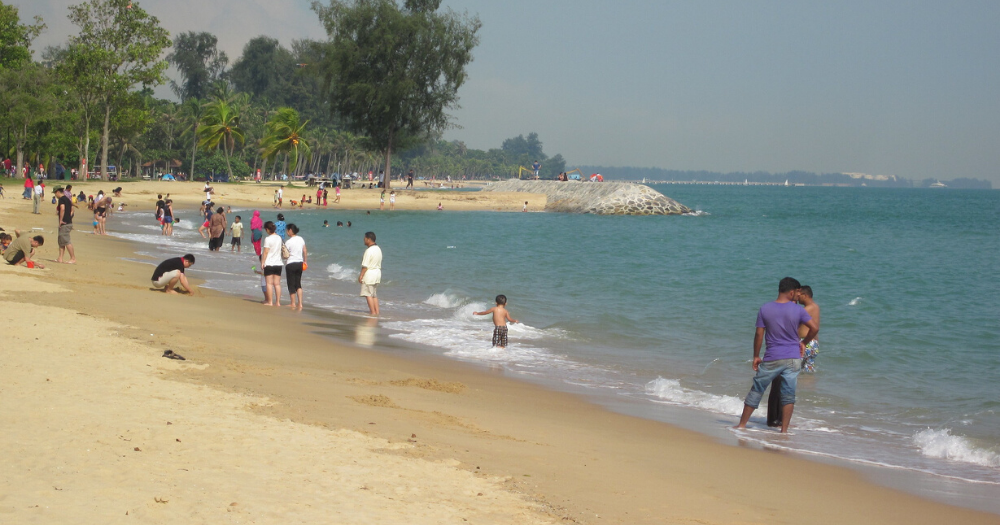An international study led by the Nanyang Technological University (NTU) has revealed that sea levels could rise at least one metre by the turn of the next century if global emissions are not curbed.
Sea levels can rise up to 1.3m by 2100 if emissions are high
The study was based on the opinions and findings of 106 sea-level experts from around the world, who contributed their projections of global mean sea-level changes.
The projections were made under two climate scenarios—low and high carbon emissions.
In a low emissions scenario where global warming is limited to 2°C above pre-industrial levels, experts estimated that sea levels would rise by 0.5m by 2100, and 0.5m to 2m by 2300.
However in a high emissions scenario where the planet warms 4.5°C more, experts estimated that sea levels would rise by 0.6m to 1.3m by 2100, and 1.7 to 5.6m by 2300.
Although it is a well-known fact that sea levels will rise in the future, there are "stark differences in the amount of sea-level rise experts project for low emissions compared to high emissions," Dr Andra Garner, Assistant Professor of Environmental Science at Rowan University in the United States said.
Not on track to limit temperatures below 1.5°C
Currently, Singapore along with 183 nations and the European Union have ratified the Paris Agreement, the agreement made to curb long-term global emissions.
The agreement aims to keep global average temperature to "well below" 2°C above pre-industrial levels, and to limit the temperature increase 1.5°C.
Any increase beyond that number would result in irreparable climate impacts.
Scientists agree that to get on track for these targets, global carbon emissions must drop to 25 gigatons by 2030.
Unfortunately, based on the current commitments, emissions are on track to hit 56 gigatons by 2030, twice the ideal amount.
Rising sea levels of importance in Singapore
Professor Benjamin Horton, Acting Chair of NTU’s Asian School of the Environment, said that the study's findings are vital to make informed adaptation and mitigation decisions.
To reduce local emissions, the Ministry of Environment and Water Resources has implemented carbon taxes on businesses to the tune of S$5 for every tonne of carbon emissions produced.
However, environmental activists have been calling for more severe taxes at S$100 per tonne of carbon generated.
The Singapore government considers the issue of rising sea levels of significant importance, with Prime Minister Lee Hsien Loong announcing during the 2019 National Day Rally that S$100 billion would be invested to fortify the island state against this threat.
This money would go into infrastructural and engineering solutions.
These include improving the Marina Barrage, which pumps water out into the sea during heavy rain, and polders, a low-lying tract of reclaimed land where water can pumped out.
The government has also been working to improve Singapore's drainage system to reduce the frequency of flash floods.
Related stories
Top photo from Ken Marshall / Flickr
If you like what you read, follow us on Facebook, Instagram, Twitter and Telegram to get the latest updates.
